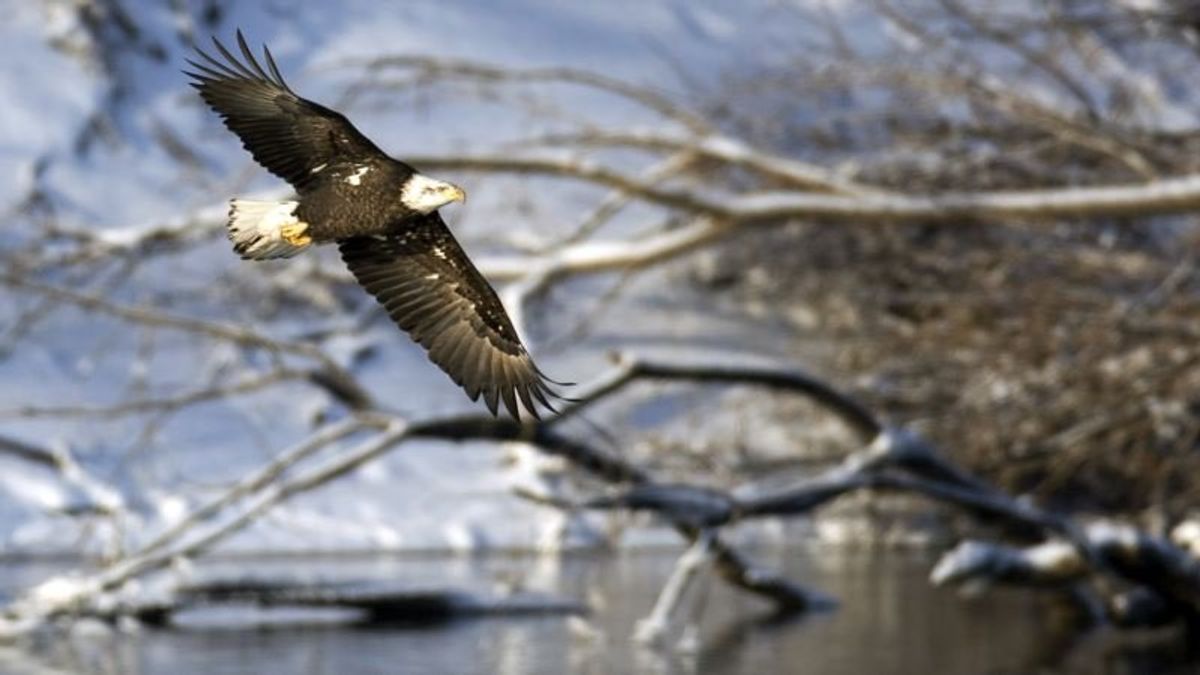
Scientists Voice Opposition to Changes in US Endangered Species Act
Scientists Voice Opposition to Changes in US Endangered Species Act

Thousands of scientists joined on Monday to accuse the Trump administration of trying to erode the Endangered Species Act in favor of commercial interests with a plan to revamp regulations that have formed a bedrock of U.S. wildlife protection for over 40 years.
The extraordinary critique of the administration's proposal, which was unveiled in July, came in an open letter addressed to Interior Secretary Ryan Zinke and Commerce Secretary Wilbur Ross from three associations representing 9,000 professional biologists.
A separate letter similarly condemning revisions proposed to endangered species policies was signed by 273 leading university scientists from around the country.
Both came as the 60-day public comment period drew to a close for what would be the most sweeping overhaul in decades of the rules implementing the landmark environmental law.
The 1973 Endangered Species Act (ESA) currently protects more than 1,600 species of U.S. animals and plants listed as either endangered — on the brink of extinction — or threatened — deemed likely to become extinct in the foreseeable future.
The ESA is credited with a number of high-profile success stories, including the comeback of the American bald eagle, the California condor and the grizzly bear.
But the act has long been controversial for requiring the government to designate "critical habitat" deemed essential to a listed species' survival and limiting commercial activities there, such as construction, mining, energy development or logging.
Developers and other critics argue that such restrictions pose an unfair and overly burdensome intrusion on property rights and economic activity.
Under the administration's proposal, the government would end the practice of automatically treating endangered species and threatened species essentially the same.
The plan also calls for initially evaluating a species' critical habitat on the basis of its current range, rather than according to the larger area it could be expected to occupy once recovered.
The administration has argued its proposal would enhance wildlife protection by building greater support for a statute that has become outdated and by streamlining the regulatory process.
Scientists, however, said the planned revisions would undermine the ESA and drive some wildlife closer to extinction.
One proposed change, they said, to allow consideration of economic factors when assessing a species' status, would violate the law's requirement that safeguards hinge solely on science.
"This is completely disastrous for efforts to save species from extinction," said Stuart Pimm, a conservation ecology professor at Duke University.
A spokesman for the U.S. Fish and Wildlife Service, Brian Hires, said the agency encourages "input on our proposed ESA regulatory changes from all stakeholders as part of a robust and transparent public process."
 McConnell Vows Quick Vote on Court Nominee KavanaughNext PostSupreme Court Nominee in TV Interview Rejects Sexual Misconduct Accusations
McConnell Vows Quick Vote on Court Nominee KavanaughNext PostSupreme Court Nominee in TV Interview Rejects Sexual Misconduct Accusations







